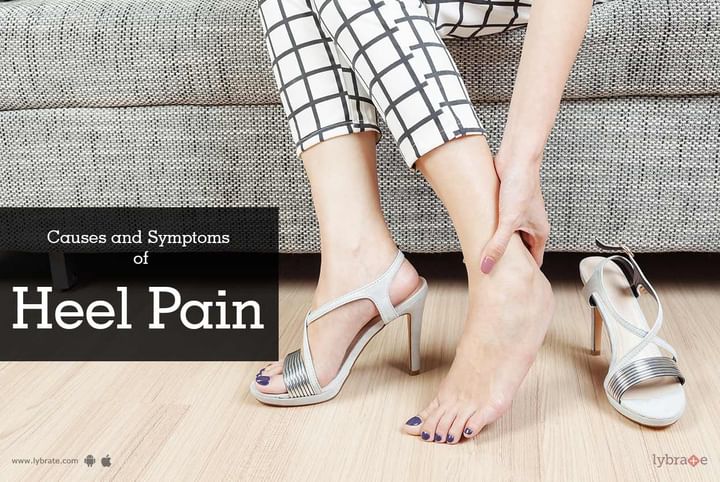Heel pain is a common problem in the body where the affected person experiences pain radiating from the heel bone. Heel pain usually progresses slowly over time, it is recommended to consult a medical professional, if heel pain turns severe. The pain tends to most severe after one has been inactive for some time such as after waking up in the morning.
Causes
Heel pain is usually caused when tissues present in the bottom of the heel (Plantar fascia) is damaged. These tissues connect the heel bone with the bones of the feet and help in absorbing shocks. Tears are formed in these tissues when they are damaged or when they get thicker. These tissues are at an increased risk of wear and tear for those who are over 45 years old. The risks also tend to increase if the person is obese or whose occupation requires standing for lengthy periods of time.
Among other causes of heel pain are heel bone fractures, fat pad atrophy (a condition where a layer of fat present under the heel bone is reduced) and bursitis (inflammation of the fluid filled sacs present around the joints). Peripheral neuropathy is a condition where damage occurs in the peripheral nerves (that transmits signals between the central nervous system and the rest of the body), this can cause pain in the heel.
Symptoms
The symptoms of heel pain include:
- Experiencing pain while jogging or walking
- A feeling of pins pricking the heels after waking up in the morning
- Inability to bend the heel
- Painful swelling
- Pain in the heel accompanied by fever
Prevention and treatment
Heel pain can be prevented by taking certain preventive measures such as restricting usage of high heeled shoes without proper support and stretching the heel regularly. Medications such as painkillers are used to treat symptoms of heel pain.
Related Tip: "How Homeopathy Can Cure Muscle and Joint Pain?"



+1.svg)
